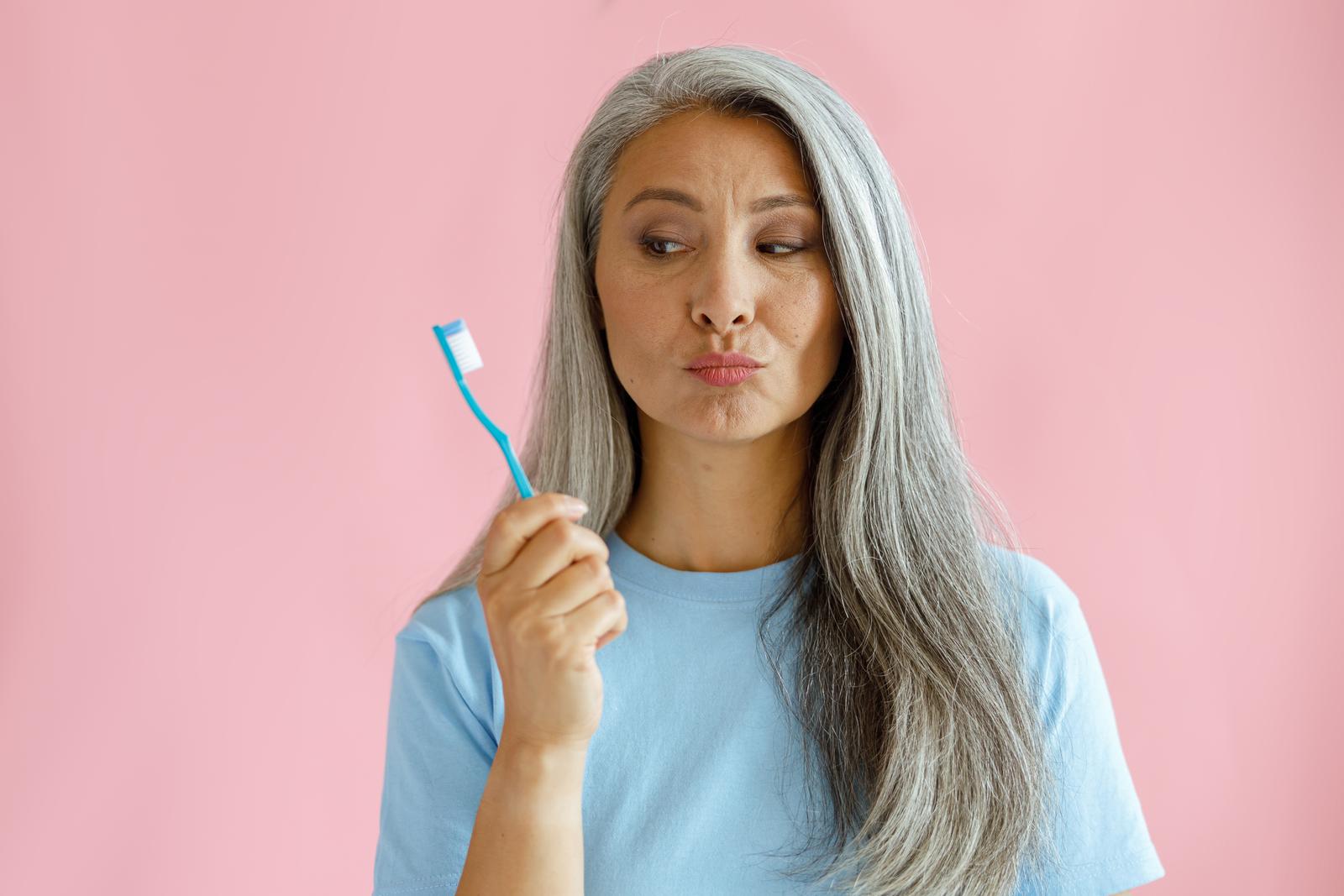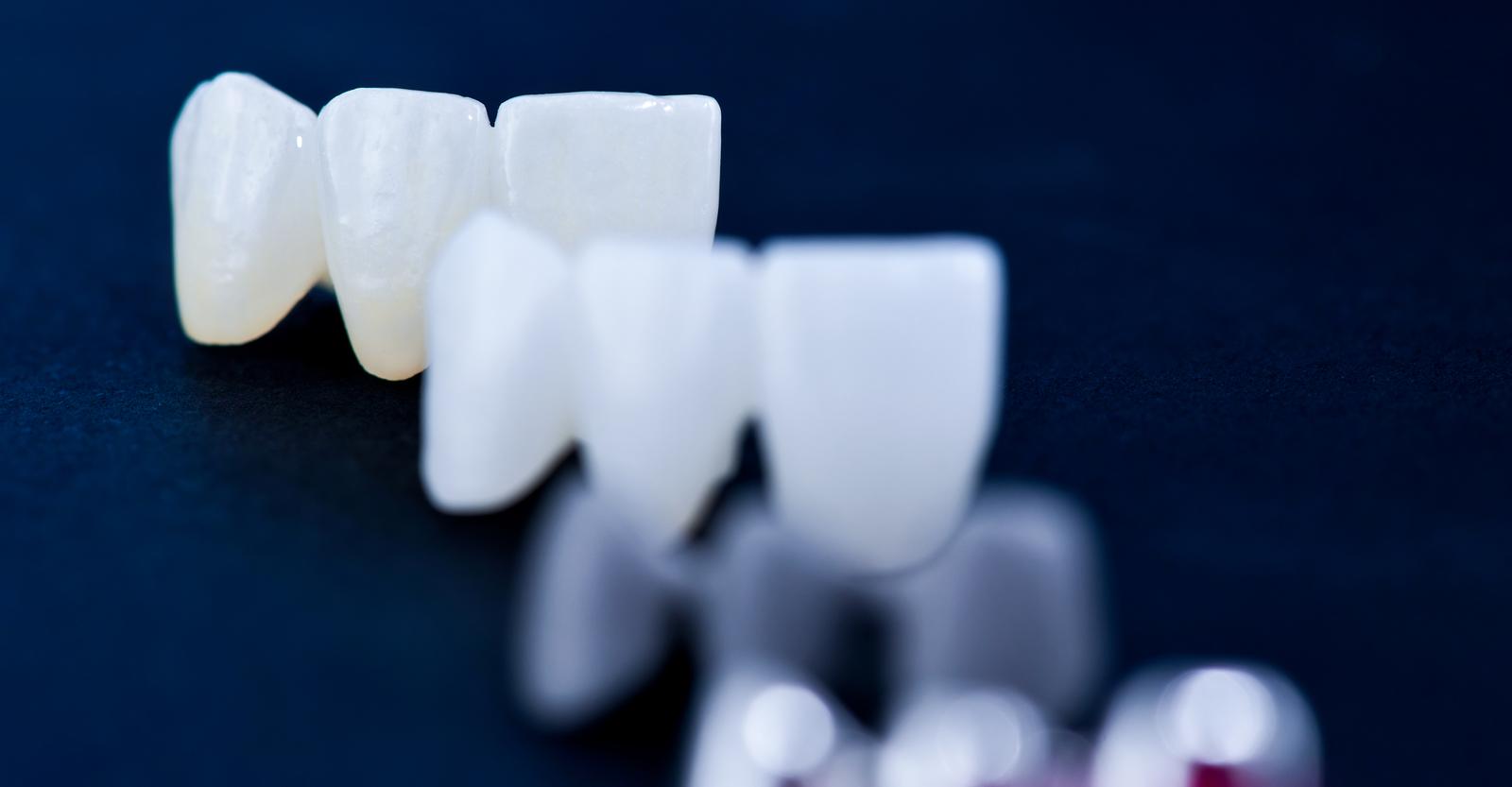A Look at Dental IV Sedation

In an effort to help people who get nervous about going for an oral exam, some dentists provide
sedation to help their patients relax. The type of sedation used includes nitrous oxide, oral sedatives, anesthesia and IV sedation.
What is dental IV sedation?
Dental IV sedation, which is also known as conscious sedation, is the use of sedatives to make you relax but also keep you conscious during a procedure administered intravenously through a vein. When the sedative is administered, you will feel like you are unconscious, but you will still be awake and aware enough to answer the dentist’s questions. However, you might not remember much after the medication wears off.
Dentists use IV sedation for patients with serious anxiety problems because it works quickly and the dosage is easy to adjust. However, since
dental IV sedation requires dentists to be specifically trained to administer it, not every dentist offers the option.
Getting ready for dental IV sedation
If you and your dentist have agreed on IV sedation, there are a few things you have to do before and after your visit.
According to the American Society of Dental Anesthesiologists, you should avoid eating or drinking anything eight hours before your appointment. You should also check with your dentist to make sure any medication you are taking does not cause a negative reaction when mixed with the sedative used.
If you smoke or use tobacco products, you should avoid using them at least 24 hours before your appointment.
Due to the side effects of the sedative, you should take a family member or friend to the appointment so you will have someone to drive you back home after. You should also clear your schedule for the rest of the day so you can rest.
During the exam
As previously mentioned, you will not be unconscious during the procedure after the administration of IV sedation, but you also will not be fully aware of what is going on. You will be conscious enough to respond to questions and breathe on your own. If your dentist has to perform a procedure like a root canal, which requires the use of a local anesthetic, they will administer the sedative before putting you under.
How do I know if I need dental IV sedation?
If you avoid going to the dentist because you are afraid or you get nervous every time you have to go in for an appointment, you might benefit from IV sedation because it will help you relax when you are in the chair and make you less nervous to see a dentist, which will allow you to make your regular visits to the dentist and improve your oral health.
Conclusion
Going to the dentist can be a scary experience for many people, but it does not have to be. If you get nervous or are afraid to go to the dentist, you should consider getting dental IV sedation to help ease your fears.
Are you considering dental IV sedation in the St George area? Get more dental IV sedation information at https://www.stgeorgedentalcare.com.
Check out what others are saying about our dental services on Yelp:
Sedation Dentist.
Recent Posts
Oral health plays a vital role in our overall well-being. One of the essential aspects of maintaining it is brushing our teeth daily using a properly cleaned toothbrush. However, a question that often arises is whether we should use a cover for our toothbrush. These covers can easily be found in most convenience stores, but…
Are you tired of feeling self-conscious about your teeth every time you smile? Do imperfections such as discoloration or uneven spacing make you hesitant to show off your pearly whites? Say goodbye to these insecurities with the help of resin veneers. This revolutionary cosmetic dentistry solution has become increasingly popular in recent years, providing individuals…
Welcome to our dental blog, where we strive to provide valuable information about oral health and hygiene. If you dread going to the dentist because of the pain and discomfort caused by tooth sensitivity after cleanings, this post is for you! Sensitive teeth can significantly impact your quality of life, making it difficult to enjoy…
Dental crowns, otherwise known as dental caps, are an essential aspect of modern dentistry and are typically used for restorative and cosmetic purposes. They are designed to restore the shape and function of a damaged, decayed, or broken tooth while improving its overall appearance. In this blog post, we'll discuss the various types of crown…


